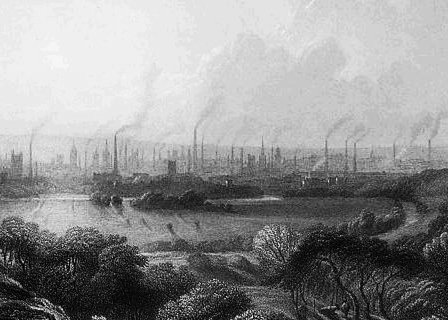Increased 0.75% today July 27th to an upper range of 2.5%!

Fed piles pressure on Bank of England with drastic new rate rise
The Federal Reserve has raised interest rates by 0.www.telegraph.co.uk
Should be one more big one in a month and then ???
The Fed increased their rate target to 3%-3.25% on September 21st.
The Fed increased their rate target to 3.75%-4% on November 2nd.
The Fed will ??? on December 14th.
Woops, missed a month.
In July the USA annual inflation rate for July 2022 was 8.5%

Consumer prices rose by 8.5% year over year in July as the summer of inflation wears on
A key measure of inflation, the Consumer Price Index, remained near 40-year highs for another month, even as the Federal Reserve tries to slow demand.www.nbcnews.com
The USA annual inflation rate for August 2022 was 8.3%

Inflation dipped in August, but remains stubbornly high
Although the annual U.S. inflation rate fell to 8.3%, Americans are still facing painfully high costs for food, rent and other staples.www.cbsnews.com
Gasoline has been going down, but diesel has been steady and food prices have really been surging.
A dollar now gets 144 yen.
1 dollar still gets precisely 1 euro.
I'm not sure what Japan will do since they won't raise interest rates to defend their currency.
Welcome back Covid-plagued tourists?
Historically after World War 2 the yen during the Bretton Woods system was fixed at 360 yen to 1 dollar, then allowed to float in 1971.

Dollar Yen Exchange Rate (USD JPY) - Historical Chart
Interactive historical chart showing the daily U.S. Dollar - Japanese Yen (USDJPY) exchange rate back to 1971.www.macrotrends.net
It probably won't go higher than 150 right?
The USA annual inflation rate for September 2022 was 8.2%
A dollar now gets 147 yen after the Bank of Japan spent $43 billion to support the yen in October.

Japan Govt Spent $43 Bn To Bolster Yen In October
Japan's finance ministry said Monday it spent $43 billion in October to bolster the value of the yen, which has tumbled against the dollar this year to lows not seen since the 1990s.


